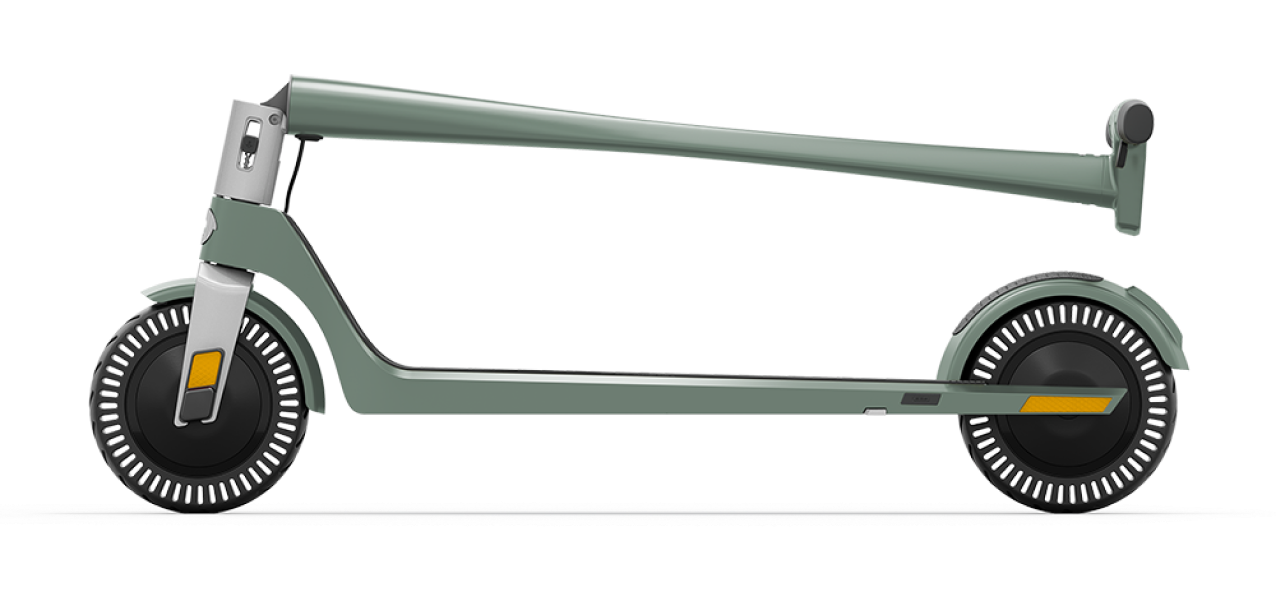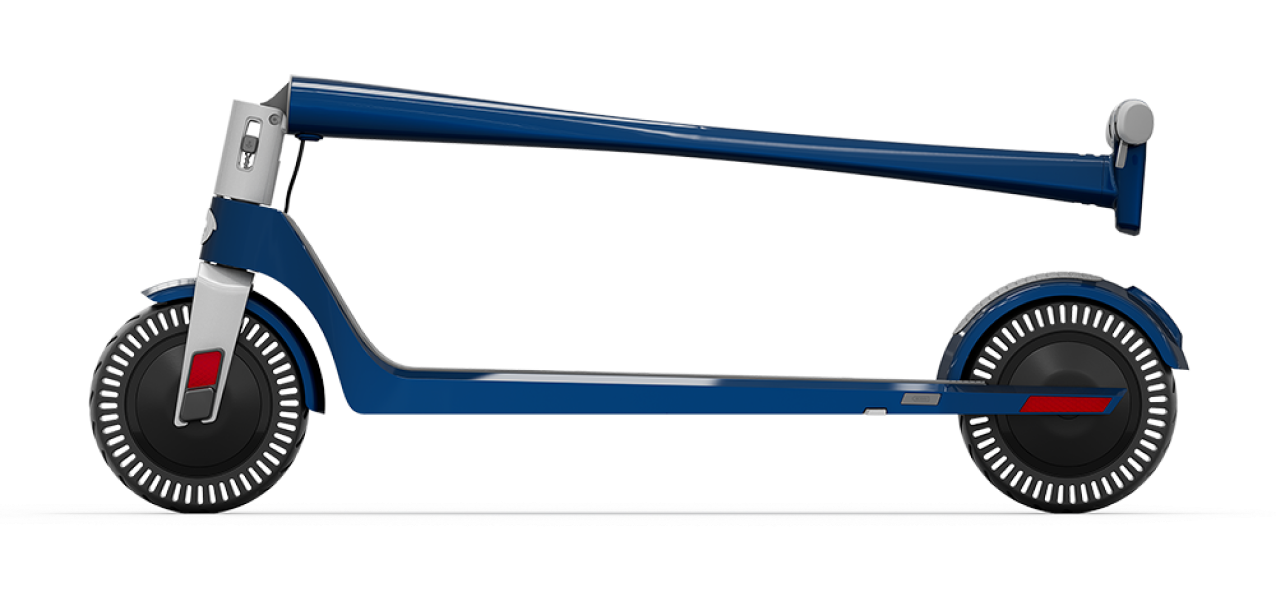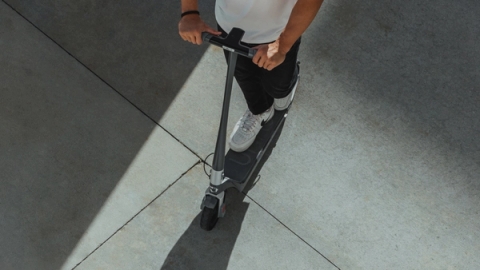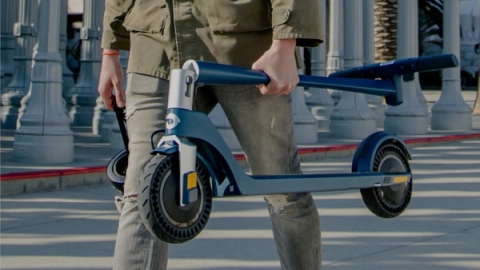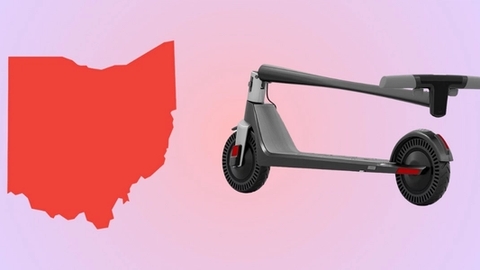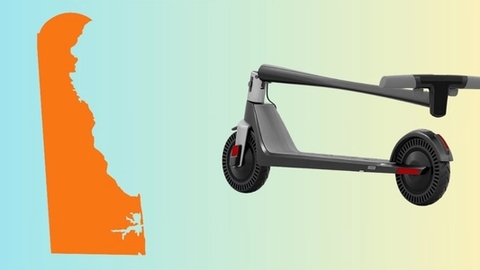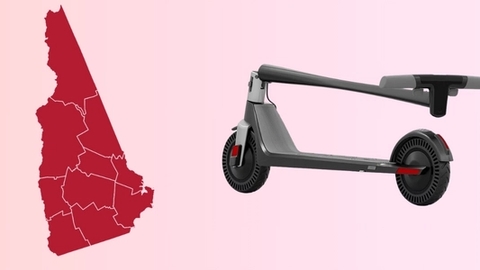Micromobility is here to stay, and it’s changing how we experience urban life for the better. With Unagi’s membership program, you can enjoy all the benefits of a top-tier electric scooter without the sky-high price of ownership or the inconvenience of ride-sharing.
Miami is a sun-soaked city with a vibrant culture, endless beaches, and the worst congestion in the world. So, how can you experience this vivacious city in all its glory?
You need an electric scooter.
Using an electric scooter in Miami allows you to cover more ground than on foot and experience the real pulse of the city that you'd likely miss out on from behind a car window.
It's worth mentioning before you hop on two wheels and speed off into the sunset, that while Miami has begun to embrace a scooter culture, with a growing availability of rental e-scooters, their prevalence isn't as widespread as in other major global cities, partly due to local regulations that restrict scooter usage in certain areas.
In this article, we'll give you the insider's guide to Electric Scooters in Miami, sharing everything you need to know about the rules, rentals, and best routes for scenic rides.
Are electric scooters legal in Miami?
Yes, electric scooters are legal in Miami, but there are specific rules and regulations in place.
At the state level, Florida statute allows for the use of electric scooters on most of its roadways; however, the same statute gives local governments the authority to adopt ordinances governing the operation of these devices within their jurisdictions.
Miami has done just that, establishing laws that are somewhat more restrictive. Electric scooters are permitted on the streets exclusively as part of a shared motorized scooter pilot program (launched in October 2018) and are restricted within Commission District 2. This program distinctly excludes their use on sidewalks and sidewalk areas funded by the federal government, unless expressly allowed.
Some of the rules at this jurisdiction level include:
- Age requirement: Riders must be 18 years or older, with fines levied against underage riders who flout this rule.
- Speed limits: Scooters should not go faster than 15 mph on streets or bike lanes, and 7 mph on sidewalks or in parks.
- Where to ride: Electric scooters are allowed on bike paths, and bike lanes, including those in city parks, the baywalk, streets, and sidewalks within the designated zone.
- Sidewalk riding limitations: To ensure pedestrian safety, riding on the sidewalks of Southwest 8th Street from 4th Avenue to Tamiami Canal Road is prohibited, with a potential fine of $25 for violations.
- Audible warning devices: Electric scooters must have a bell or similar device that can be heard from 100 feet away; sirens and whistles are not allowed.
- Riders must always give way to pedestrians and signal audibly when passing.
- Parking: Electric scooters must be parked on hard surfaces, in an upright position, without obstructing pedestrian pathways, and in compliance with ADA standards.
- Helmets: While not mandatory, wearing helmets that meet federal safety standards is highly recommended for riders.
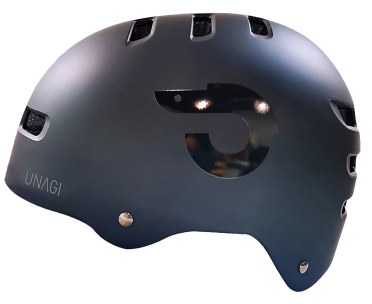
Initially, Miami welcomed nine private operators into its scooter program. However, this number dwindled over the coming years as the city revoked their permits in a series of events, attributed to the operators' inability to meet safety protocols - such as enforcing helmet use, preventing underage riding, and addressing the issue of multiple riders on a single scooter.
In the wake of repeated suspensions and subsequent reinstatements, discussions between scooter service operators and city officials led to the implementation of new guidelines and safety measures aimed at resolving ongoing concerns and enhancing the program's safety. These improvements included:
- Age verification: Operators were to verify every rider's age through a government-issued photo ID, driver's license, or passport to ensure they are at least 18 years old.
- Reduced speeds: The maximum speed of the electric scooters was lowered to 10 mph on streets and bike lanes and 7 mph on sidewalks.
- Helmet use: Wearing a helmet was made mandatory.
- One rider per scooter: Only one person is allowed on a scooter at a time.
- Recommended riding areas: Riders were encouraged to stick to sidewalks, streets, or bike paths/lanes.
- Operating hours: Scooter operation times were limited to between 6:00 a.m. and 9:00 p.m. daily, with no service outside of these hours.
- Safety training: Operators were tasked with educating users on safe scooter operation, parking etiquette, and adherence to local laws, which may include passing a safety quiz before riding.
- Community outreach: Operators were also expected to promote scooter use, especially in low-income communities, and encourage helmet use through various programs and incentives.
Where in Miami is it legal to ride e-scooters?
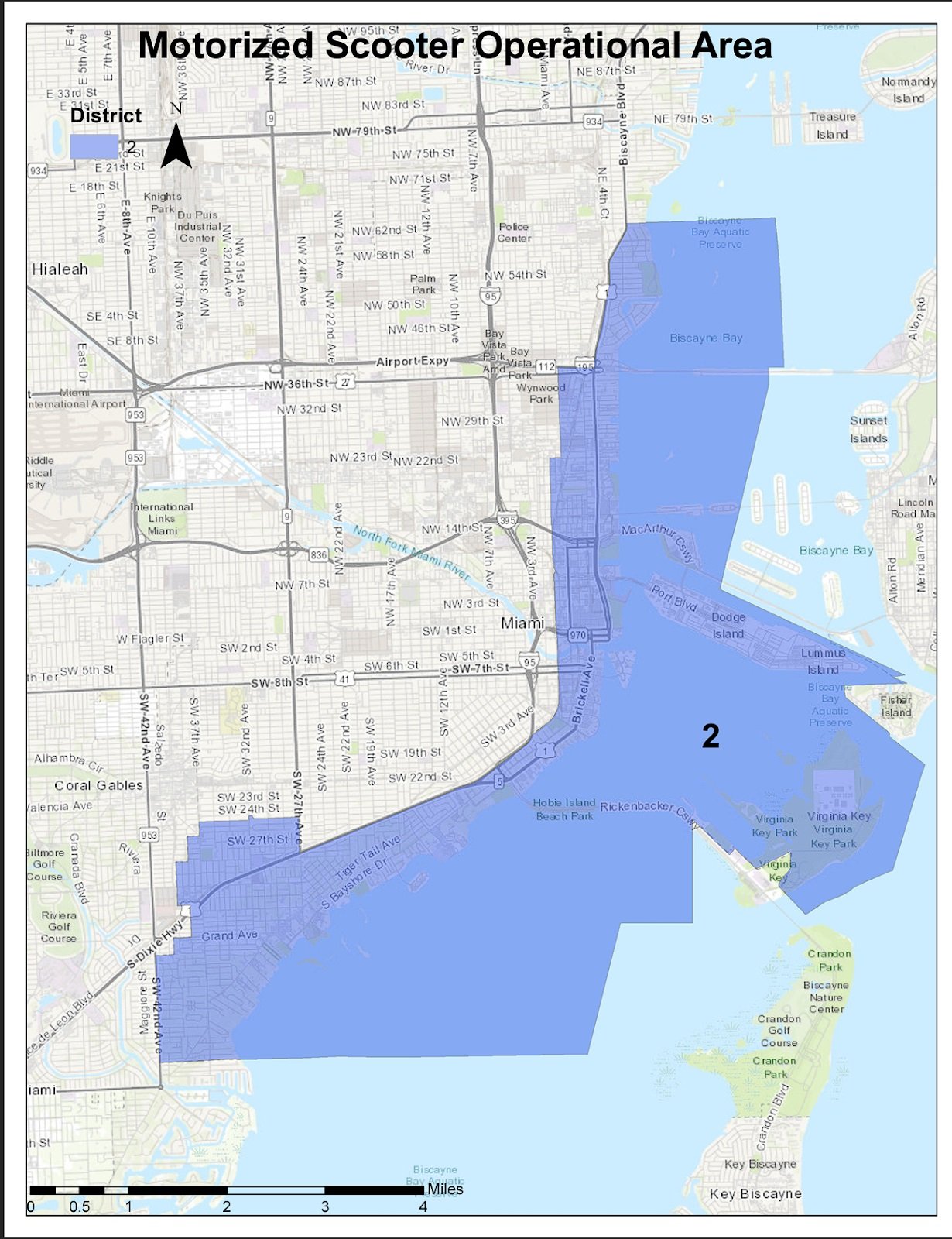
Electric scooters are legally permitted to operate in specific zones as part of a pilot program, mainly within Commission District 2. This area covers the following neighborhoods: Coconut Grove, Brickell, Downtown Miami, Wynwood (east side of N. Miami Avenue and east only), Midtown, Edgewater, and Morningside.
Where can you park your e-scooter in Miami?
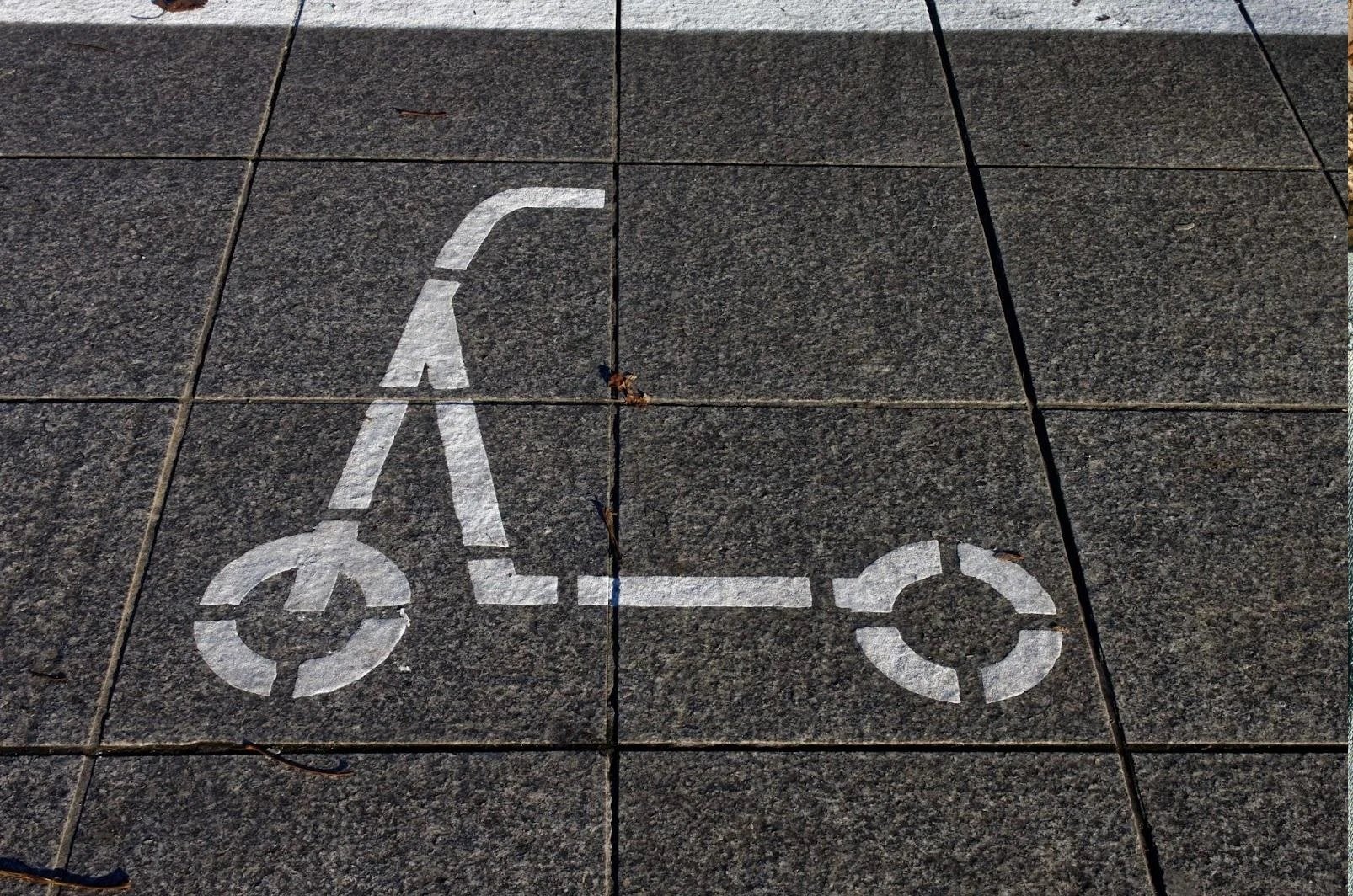
Parking also emerged as a significant challenge for the scooter program, eliciting frustration from many due to the electric scooters being left haphazardly, obstructing and blocking pathways. However, this issue often stemmed from user negligence rather than operator oversight, as the city has clearly defined parking zones for electric scooters.
Electric scooters must be parked on sidewalks or other firm surfaces, next to bike racks, or at designated city-owned spots, and can only be parked on private property with the owner's permission. Furthermore, the city has established parking corrals in high-traffic areas to mitigate these concerns.
Prohibited parking areas include:
- Within 15 feet of a fire hydrant or fire department connection.
- In bus stops or shelters, unless in designated scooter parking spots.
- On the public right-of-way next to schools, daycare centers, or parks, except in designated parking areas.
- Within the public right-of-way, next to hospitals, police stations, or fire stations.
The city retains the authority to remove, relocate, or impound scooters parked in contravention of these guidelines. Improperly parked electric scooters may result in fines for scooter operators, who may then pass on these costs to the user, potentially including a pick-up fee of up to $100.
What electric scooter options do you have in Miami?
Let's take a look at the options you have.
Rental electric scooters in Miami
The rental (rideshare) scene has experienced its share of ups and downs, with scooter-sharing companies facing intermittent bans due to a mix of public backlash, operational hiccups, and a few daredevils treating sidewalks like their personal racetracks.
As a result, Helbiz and Spin are now the only providers left in Miami, following the revocation of licenses from other major players like Baus, Bird, Bolt, Jump, Lime, Lyft, and Wheels over safety protocol violations.
This shake-up means rental electric scooters in Miami aren't as plentiful as they once were, and you're more likely to find them in the urban core. This scarcity has prompted many to switch to personal scooters, entirely bypassing the rental market.
Additionally, rental e-scooters in Miami come with geofencing, meaning if you stray too far from the approved area, your ride will automatically shut down, and you might face additional charges. While this measure ensures riders stay within legal zones and avoid unexpected fines, it can feel somewhat restrictive. This further solidifies the reason many riders still prefer using their personal scooters for greater freedom and flexibility, despite potential legal gray areas.
How much is it to rent an electric scooter in Miami?
Getting started is generally affordable, with a standard $1 unlock fee across most services, accompanied by a per-minute charge that ranges from 15 to 39 cents. The exact cost can vary based on your location, route, timing, and the specific service you select.
Subscription programs
Rental options might sometimes be a real gamble. It's not uncommon to encounter empty electric scooter docks when you desperately need one or find that the only available scooters are low on charge or in poor condition, which defeats the purpose of opting for scooters in the first place.
A practical alternative is an e-scooter subscription service that offers unlimited access to a personal electric scooter.
A prime example of this is the UNAGI subscription service. By subscribing, you essentially get your own scooter for the duration of your subscription, circumventing the high initial costs of an outright purchase while at the same time eliminating worries about the scooter's availability or condition. UNAGI offers two models for subscribers: the Model One Classic and the Model One Voyager.
The subscription is flexible, allowing you to choose your term and even cancel or change your plan without hassle. Prices are competitive, with options starting at $39 for the Classic and $69 for the Voyager. This subscription comes with several perks, including complimentary express delivery, ensuring you receive your scooter within three days; total maintenance peace of mind—if something goes wrong, a replacement scooter is dispatched immediately; and theft insurance for peace of mind in the rare event of theft.
Buy an electric scooter
If you're in the market for your own e-scooter, exploring online platforms is a convenient option, with everything from shiny new scooters on Amazon to those "gently used" finds on eBay or Craigslist. However, caution is advised with used electric scooters, as their history can be murky—you never really know what you're getting until it's too late. It could be a gem or a lemon.
For those preferring a hands-on approach, Miami boasts several electric scooter dealerships, such as Fluid Freeride. Here, you can get up close and personal with a variety of options and grill the experts on what matters to you.
However, it's worth noting that buying an e-scooter can be a costly investment, and the legal landscape for these devices remains as unpredictable as Florida's weather. With ongoing changes in Miami legislation and occasional bans on electric scooters, owners may find themselves in a state of limbo regarding the legality and usability of their scooters in public spaces.
Miami must-visit spots on your electric scooter
Let's explore some of the best scenic routes Miami has to offer.
Areas accessible by electric scooters
Let's start with the areas that legally allow the use of electric scooters on the street.
Coconut Grove
Miami's oldest neighborhood, Coconut Grove, is known for its bohemian flair, lush landscapes where banyan trees, palms, and live oaks line the tranquil streets, and a waterfront that offers breathtaking views of Biscayne Bay.
Key Attractions
- Bayshore Landing: Famous for its boating scene. You can indulge in waterfront dining or embark on a city tour and boat excursion to experience Miami from the water.
- Vizcaya Museum and Gardens: This historic estate transports visitors to the Gilded Age with its stunning architecture, gardens, and collection of European antiques.
- The Kampong: A Botanical garden focused on the conservation of rare and endangered tropical plant species.
- CocoWalk: A lively outdoor mall known for its Mediterranean architecture and features upscale boutiques, fine dining, and entertainment options.
- Kennedy Park: Ideal for outdoor activities, featuring walking paths, a dog park, and stunning waterfront views of Biscayne Bay.
Brickell
Brickell, located along Biscayne Bay, is Miami's financial district, known for its skyscrapers, upscale living, and waterfront parks.
Key Attractions
- Brickell City Centre: A large shopping and dining complex with a variety of stores and restaurants.
- Miami Circle National Historic Landmark: An archaeological site dating back to the Tequesta Indians, showcasing ancient structures.
- The Underline: A 10-mile linear park and urban trail located beneath Miami’s Metrorail along the Miami River riverfront, featuring art installations and green spaces.
- Simpson Park Hammock: A preserved natural area showcasing Florida's native plants and trees.
Downtown Miami
Downtown Miami serves as the city’s central business district, bustling with commercial, cultural, and entertainment activities.
Key Attractions
- Pérez Art Museum Miami (PAMM): Showcases modern and contemporary art in a stunning waterfront location.
- Bayfront Park: A 32-acre park offering outdoor activities, greenery, monuments, and waterfront views. Notable features include the Skyviews Miami Observation Wheel, which provides panoramic city and bay views.
- American Airlines Arena: The home base for the Miami Heat, and also hosts numerous entertainment events.
- Bayside Marketplace: A lively waterfront complex known for shopping, dining, live music, and boat tours, alongside a marina.
- Baywalk / Riverwalk: Nearly 5 miles of scenic waterfront paths along Biscayne Bay and the Miami River.
Wynwood
Wynwood is a cultural epicenter, drawing attention with its diverse art galleries, colorful murals, and artistic expressions.
Key Attractions
- Wynwood Walls: An iconic outdoor museum that displays large-scale murals by internationally acclaimed street artists.
- Museum of Graffiti: Offers insights into graffiti as an art form, tracing its history and showcasing works by prominent artists.
- Mana Wynwood: Known for its vast space for hosting art fairs, music concerts, and cultural events.
- The Margulies Collection at the Warehouse: A nonprofit art institution featuring contemporary and vintage art by some of the 20th and 21st centuries' most significant artists.
Midtown
Midtown Miami offers a more chilled vibe compared to its vibrant neighbor, Wynwood, but it shares in the cultural and recreational activities due to its proximity.
Key Attractions
- The Shops at Midtown Miami: This urban shopping center is the heart of Midtown, featuring popular retail stores, a variety of restaurants, and a relaxed atmosphere perfect for a day out.
- Midtown Park: Offers a peaceful green space within the urban environment, complete with pet-friendly areas and public art installations.
Midtown is just 6 miles from Miami Beach. The route via the Venetian Causeway provides the best views.
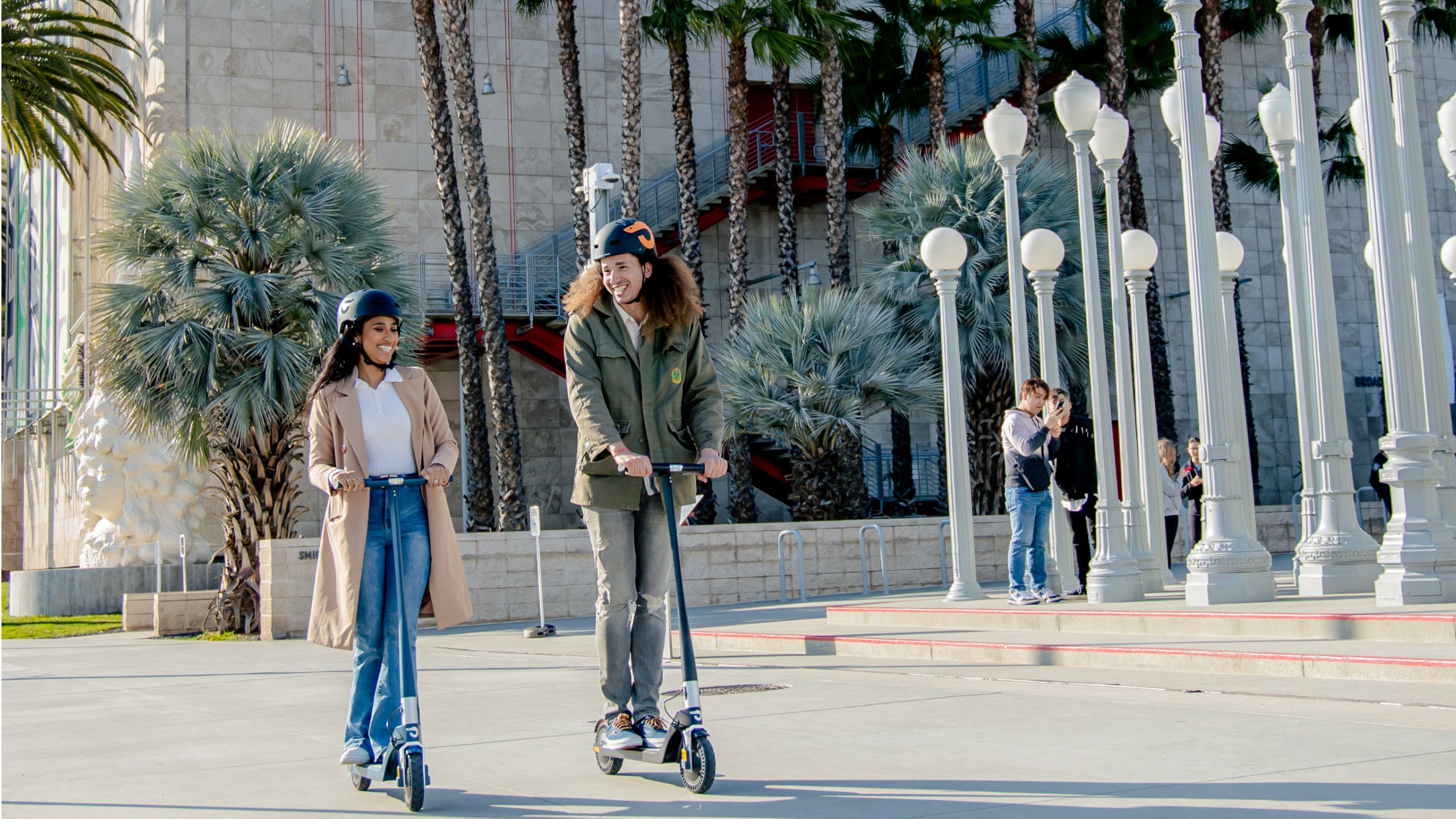
Morningside, a historic neighborhood along the shores of Biscayne Bay, is celebrated for its scenic beauty, characterized by exquisite 1920s and 1930s art deco and Mediterranean-style homes.
Key Attractions
- Morningside Park: A park offering bay access, ideal for enjoying stunning water views. The park also offers several outdoor and water activities.
- The Bodhi Wishtree: The 120-year-old Banyan tree, is known for its magnetic and spiritual values. It invites visitors to partake in the tradition of tying a wish on a ribbon to the tree, promising eternal blessings.
- Little Haiti Cultural Complex: A vibrant arts center that serves as a cultural beacon, spotlighting Haitian art and crafts. It enriches the community with a variety of classes, such as Afro-Caribbean folk dancing, and hosts performances in its large-capacity theater.
Exploring beyond the electric scooter zone
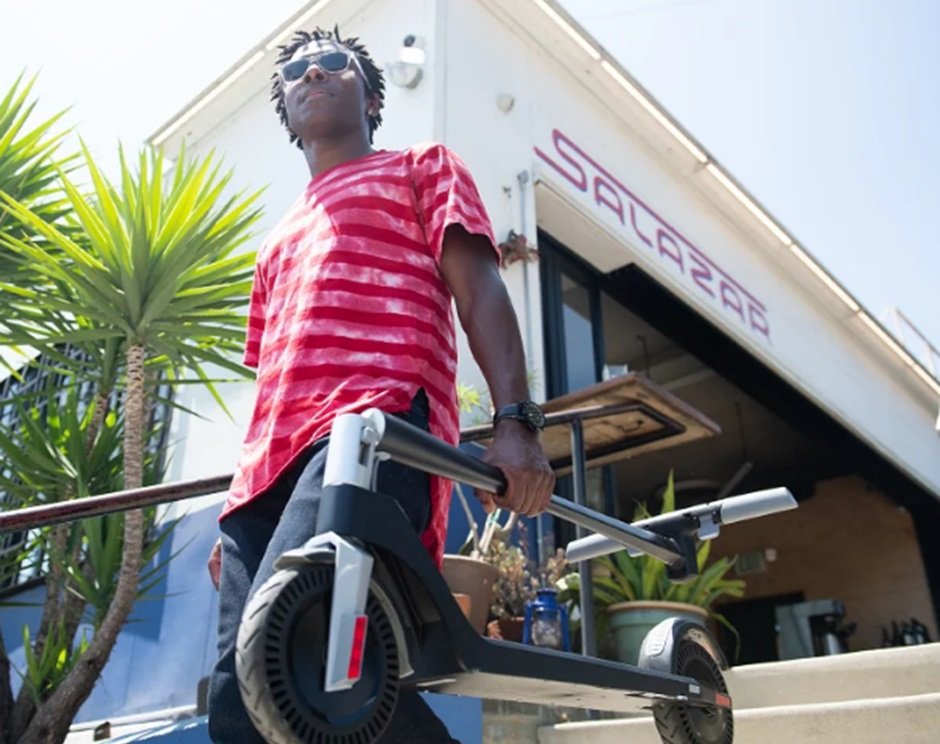
When venturing into areas where electric scooters are off-limits (beyond Commission District 2), a switch in transportation mode is required. Fortunately, the destinations we suggest are within easy reach, located just a short distance from the district's edge. For some, a simple walk might be all that's needed to bridge the gap.
Little Havana
Little Havana, a hub of vibrant Cuban culture, sits just 4 miles from downtown Miami. The main street, Calle Ocho, is lined with a mix of Cuban restaurants, Latin eateries, fruit stands, bakeries, and cigar shops. Here, you can start your day with Cuban coffee and pastelitos at Versailles, treat yourself to a classic Cuban sandwich at Sanguich de Miami, and cool off with ice cream from Azucar. Beyond the flavors, Little Havana tells its story through street art and murals, honoring legends like José Martí, making it a rich sensory and cultural experience.
Ocean Drive
The famous Miami Beach street is known for its Art Deco buildings and beachfront views. This street is synonymous with Miami's vibrant beach scene and nightlife, packed with hotels, cafes, and clubs. The streets are marked, adding to their charm and making them perfect for strolls to enjoy the architectural beauty, the beach, and the atmosphere that has been the backdrop for many films and TV shows, including Miami Vice, Scarface, The Birdcage, and others.
Venetian Pool
Just seven miles southwest of downtown Miami, the Venetian Pool stands out as the largest freshwater pool in the U.S. With its coral rock formations, waterfalls, and caves, it offers a swimming experience unlike any other. Fed by artesian wells, the pool's cool waters provide the perfect respite from Miami's warmth, all set within a landscape of palm trees and a touch of historic allure.
Traveling tips
Here are some essential tips and tricks to consider:
Battery life and charging
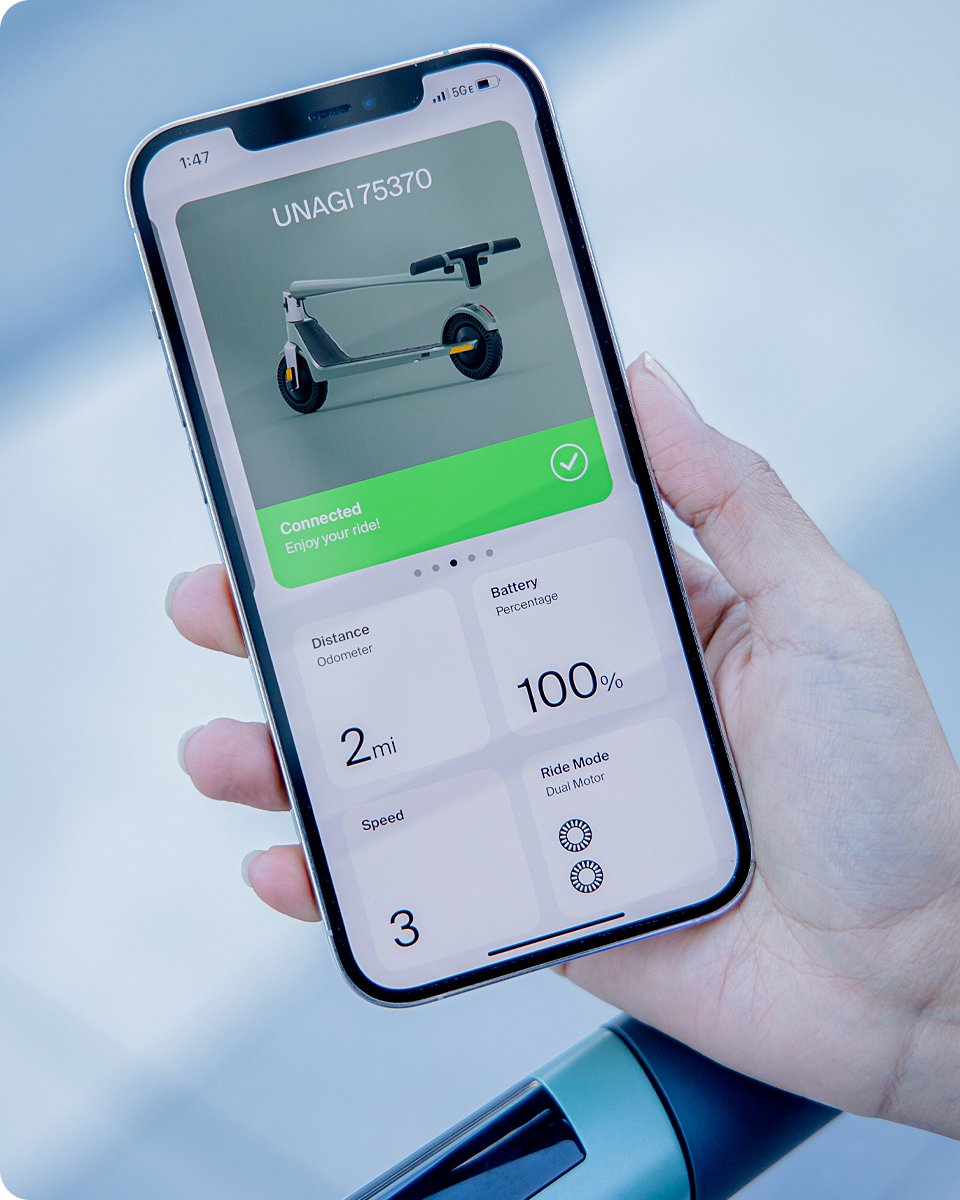
Before you set off, checking your scooter's battery is crucial. Most rentals offer a range of 10–15 miles on a full charge. Plan your route to ensure you're within range of your next destination or a charging station.
For personal scooter users, carrying a charger is a must.

Invest in a scooter carry bag. It simplifies transporting your scooter during times when you need to switch to walking or another mode of transport.
Dealing with traffic
In Miami, there's no such thing as no traffic, but you can try to beat it by choosing times when the roads are less crowded. Traffic is typically at its worst between 7 a.m. and 9 a.m., and again from 4 p.m. to 7 p.m. Planning your trip outside of these hours could mean smoother rides and fewer crowds.
Miami's sidewalks have a speed limit of 7mph for scooters, but when you're weaving through crowded areas, that might still be too fast. It's a good idea to dial it back to 5mph, or even slower, to navigate safely among pedestrians and avoid any mishaps.
Utilize apps and resources for planning your routes, finding parking, and public transportation options, and exploring new spots, tours, or experiences.
The best times to explore Miami on an electric scooter
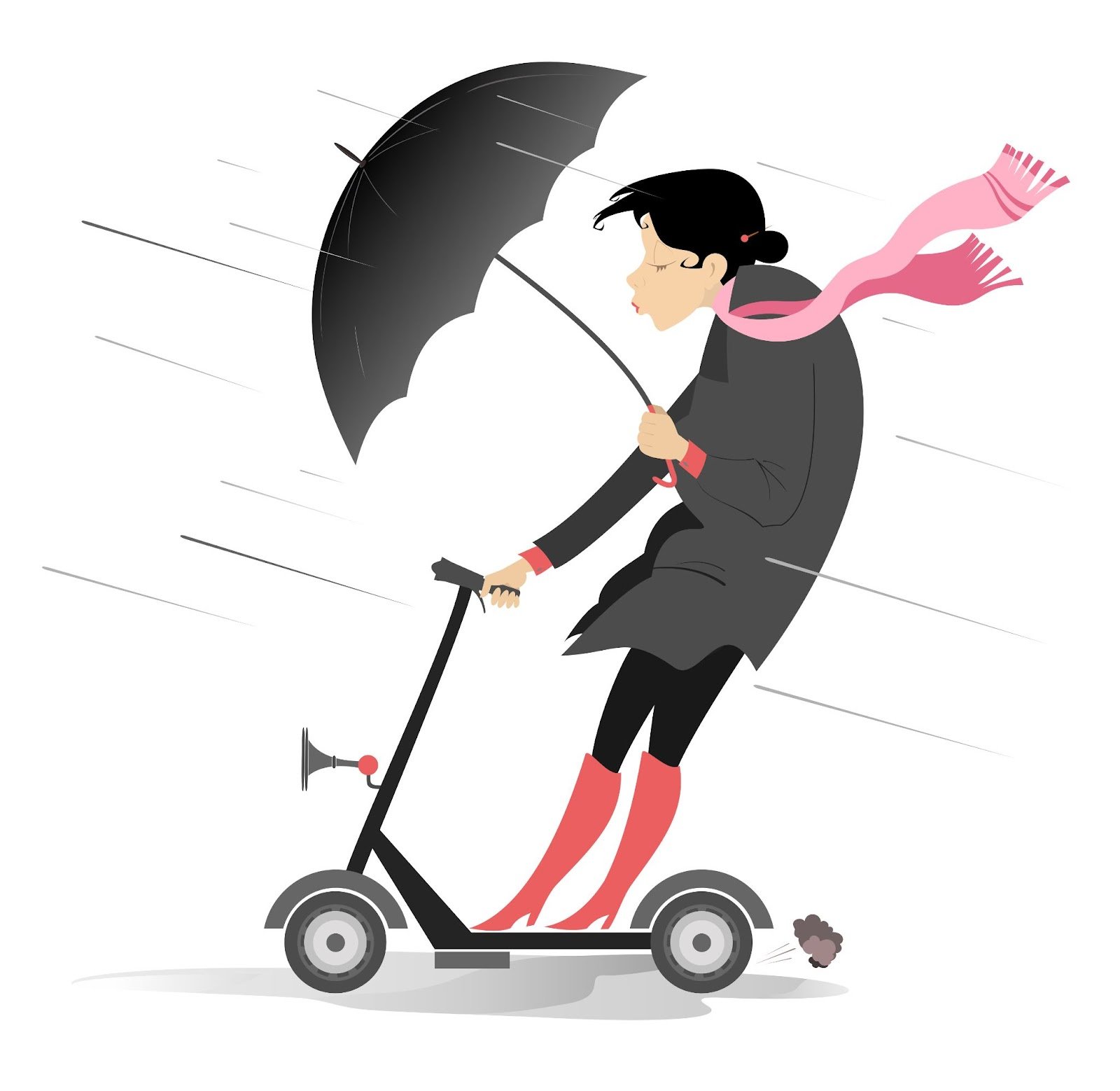
The ideal window for exploring Miami on an electric scooter is between November and April, avoiding the hot summer months, and potential hurricanes. However, it's also when tourists flock to the city, so expect more crowds. It's advisable to steer clear of June through October, as these months constitute Miami's wet season.
Conclusion: Exploring Miami with an Electric Scooter
Miami is currently quite car-centric, but it's gradually making strides to embrace more eco-friendly and alternative modes of transportation, such as electric scooters. This transition towards integrating such alternatives into its transport infrastructure is a slow, ongoing process, and at times, it may seem as though the city harbors a reluctance towards change and has a vendetta against anything that doesn't come with a steering wheel and an exhaust pipe.
Alternatives to traditional modes are often met with skepticism, commonly dismissed as being 'too dangerous'. Nonetheless, the underlying intent behind such hesitancy from the city is to rectify safety concerns and manage liability issues that have been identified during various trial phases. It's clear that for successful integration, riders need to adopt a more responsible and mindful approach to riding.
However, despite these hurdles, in areas where electric scooters are accepted, notably the city's Commission District 2, opting for an electric scooter is an excellent way to explore the city's vibrant neighborhoods. Whether you're interested in renting a scooter for a leisurely day out or considering a subscription service for regular commutes, the options are expanding.
Miami's vast and sprawling layout can make walking a less-than-ideal option for covering large distances. While bikes offer an alternative, the intense heat of Miami's climate can make cycling a sweaty endeavor. Mopeds/Motorcycles are another option, but come with their own set of requirements, including the need for a valid driver's license, and necessitating riding on busy roads only, which heightens the risk of accidents.
Electric scooters, on the other hand, can be used on sidewalks, bike lanes, and paths, offering a relatively safer option as long as riders practice good defensive riding skills. Moreover, scooters allow you to cover more ground than you would on foot without the sweaty aftermath associated with biking and immerse yourself in the vibrant scents and sounds of Miami in a way that cars cannot match.
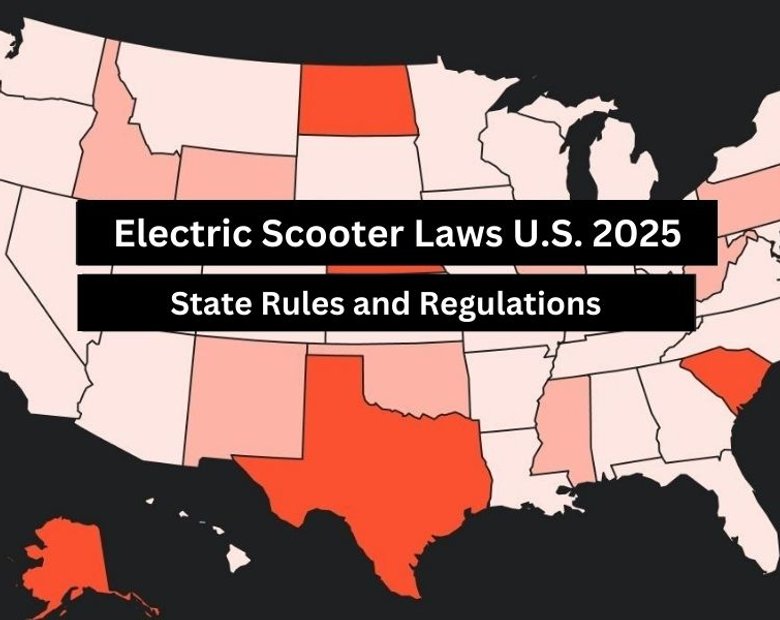
Stay current with the latest U.S. electric scooter laws in our 2025 guide. Updated annually since our first comprehensive guide, ensuring you have the most recent state and city regulations to ride responsibly”
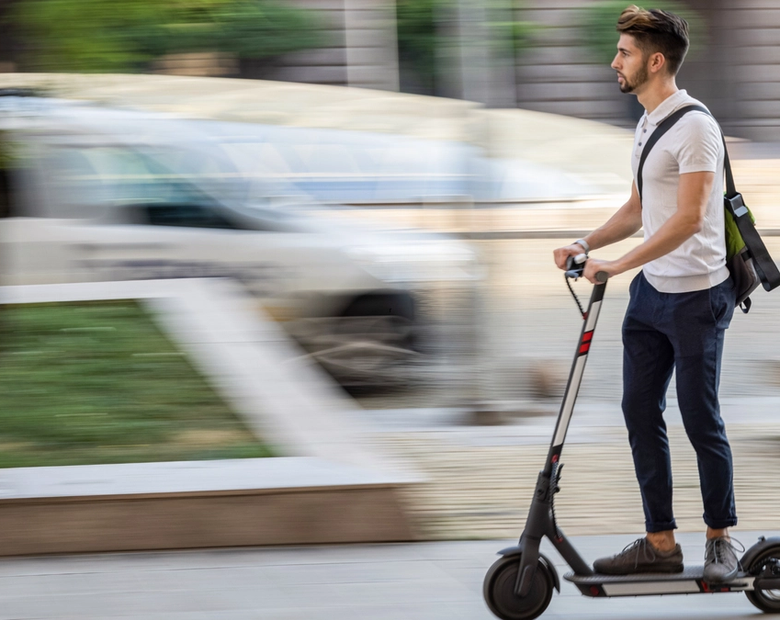
The Slack Core 920R is currently the fastest electric scooter in 2025 that you can purchase without the need for pre-order.
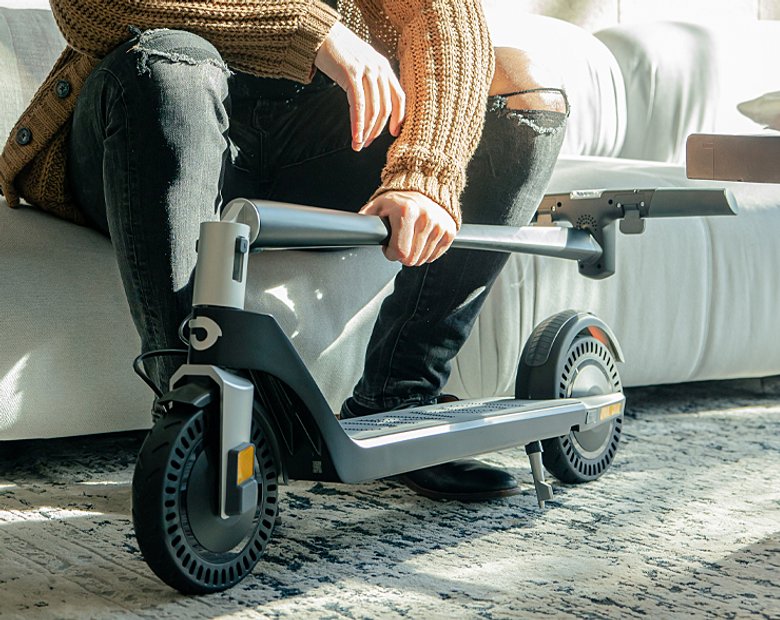
Our selection of the best electric scooters 2025 spans the fastest e-scooters to the most portable ones, the ones designed for city riding and off-road, the best scooters for rain, budget electric scooters for students, and more powerful ones for skilled riders.
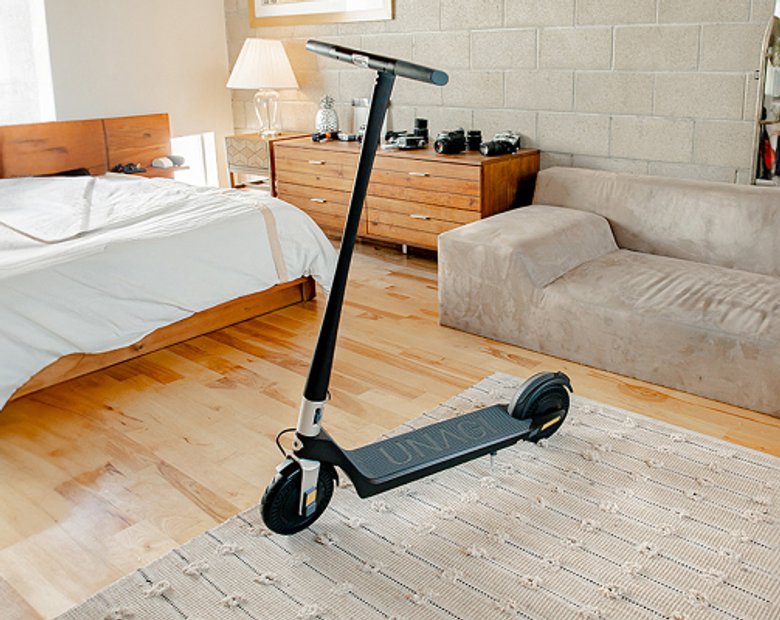
The Unagi Voyager is the best lightweight electric scooter for adults and teenagers. It is the ultraportable sequel to its predecessor, the Unagi Model One Classic.
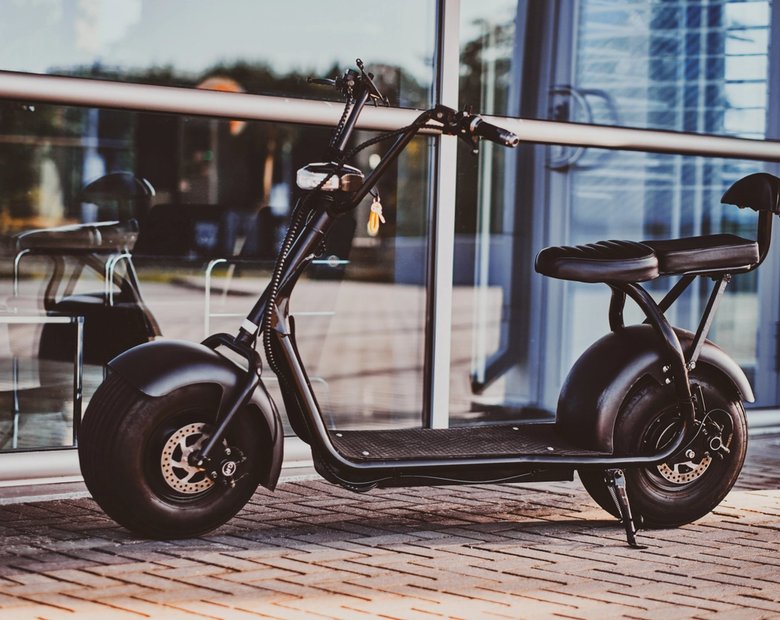
If you're wondering whether an electric scooter with a seat is right for you, this is a detailed article that would suit your need.
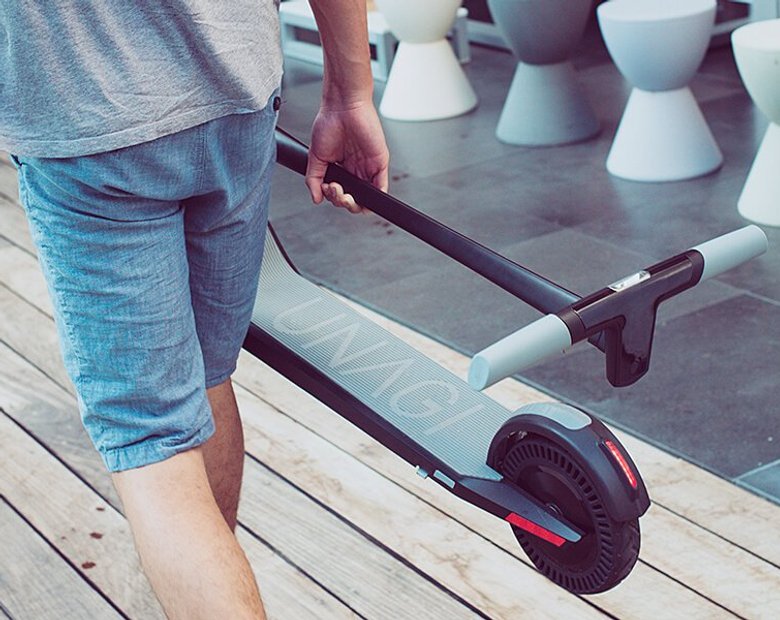
Understand which personal electric vehicle is best, the choice between an electric bike or electric scooter might already be made for you by some critical factors, including portability and storage capacity.
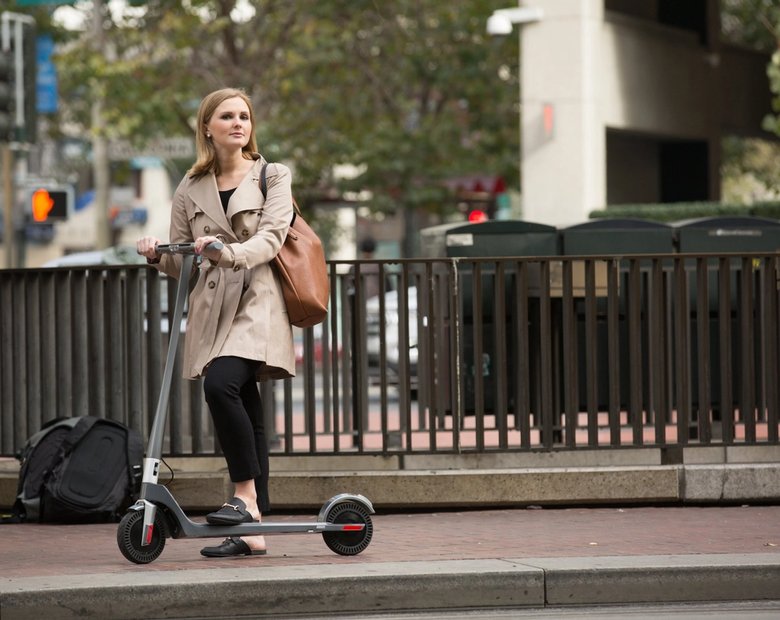
In the U.S., most states don't require a license. For those that do, they usually just ask for a regular driver's license or a learner's permit.
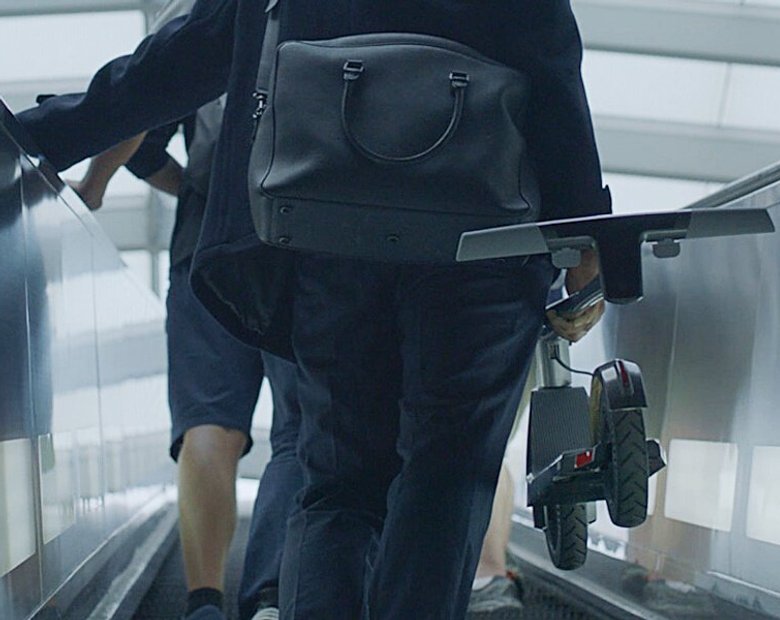
Yes, you can bring an electric scooter on a plane, but it needs to have a lithium battery smaller than 100 watt-hours, which most don't.

Manufacturers advise against riding electric scooters in the rain. The main reasons are: water can fry the electronics, make the ride dangerous, and void your warranty.

The basis and the premise of my work is that we either operate out of love or we operate out of fear...Time is currency. The coolest thing about the scooters is that it's really quick, and it goes uphill. From there, traveling more efficiently and having a good time doing it--I think that's the most important thing.

Cynthia Leu has a full plate. A tech worker by day, Cynthia spends her off time balancing the parallel lives of a powerlifter, entrepreneur, mental health advocate, and more. Riding Unagi helps this USMC veteran cut down on everyday…

https://www.youtube.com/watch?v=7m2hVBE62LY Rasheed Muhammad is sick of Los Angeles traffic. In order to preserve his sanity, Rasheed has traded his everyday driving habit for the portable and beautiful Unagi Model One. It’s an essential accessory for navigating LA streets -- and…

Rich Lee, Co-Founder of San Francisco’s SPRO Coffee Lab, wants to share his love for coffee with the world. He depends on riding Unagi to avoid the hassle of navigating the parking crunch in the booming Mission Bay neighborhood.…

